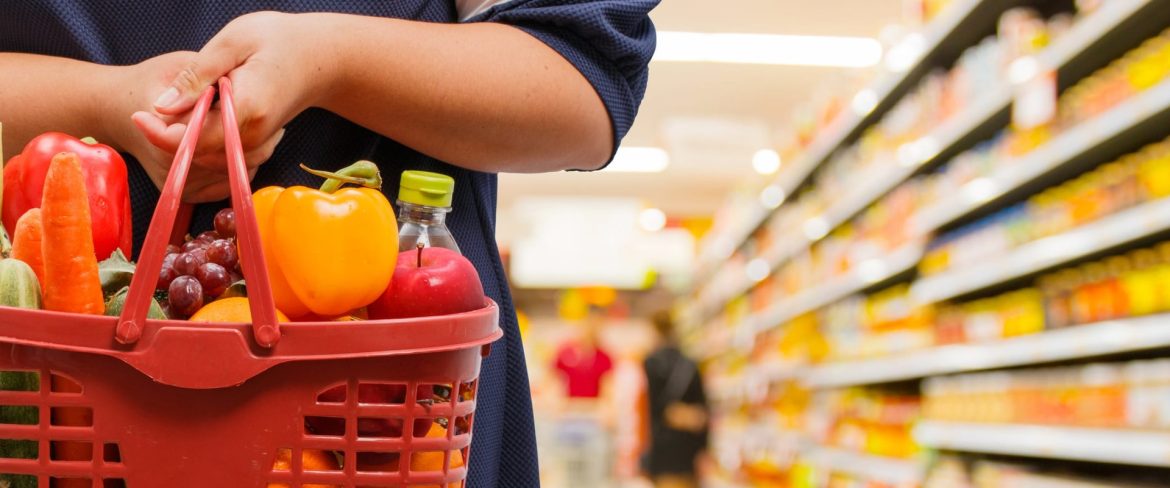Grocery shopping is an essential part of daily life, ensuring you have the food and household supplies you need. Whether you’re a seasoned shopper or new to the process, understanding how to shop efficiently can save you time, money, and reduce food waste. This guide will help you master grocery shopping with practical tips and strategies.
1. Plan Before You Shop
The first step in successful grocery shopping is planning. Creating a grocery list helps you stay organized and ensures you only purchase what you need. Here are some planning tips:
- Make a List: Write down the items you need to avoid impulse buying.
- Check Your Pantry: Take inventory of what you already have to prevent duplicate purchases.
- Plan Meals: Outline your meals for the week to ensure you buy the right ingredients.
2. Budget Wisely
Grocery expenses can add up quickly, but you can save money by shopping smart. Follow these budgeting tips:
- Set a Spending Limit: Establish a weekly or monthly grocery budget.
- Use Coupons and Discounts: Look for store promotions, loyalty programs, and digital coupons.
- Buy in Bulk: Purchase non-perishable items in bulk to save on cost-per-unit.
3. How to Shop Efficiently
Navigating a grocery store can be overwhelming, but a few strategies can streamline your shopping trip:
- Stick to Your List: Avoid straying from your grocery list to prevent overspending.
- Shop by Section: Organize your list by department (produce, dairy, pantry) to save time.
- Shop During Off-Peak Hours: Avoid crowds by shopping early in the morning or late at night.
4. Read Labels Carefully
Understanding food labels helps you make informed decisions about what you’re buying. Look for:
- Expiration Dates: Ensure products are fresh and will last until you use them.
- Nutritional Information: Check calorie counts, sugar content, and ingredient lists.
- Organic vs. Conventional: Decide whether organic products align with your lifestyle and budget.
5. Store and Organize Your Groceries
Properly storing your groceries extends their shelf life and keeps your kitchen organized:
- Refrigerate Promptly: Store perishable items immediately to maintain freshness.
- Use Clear Containers: Store dry goods in labeled, airtight containers.
- Rotate Stock: Place newer items at the back and older items at the front to use first.
6. Sustainable Shopping Practices
Adopting eco-friendly shopping habits benefits both the environment and your wallet:
- Bring Reusable Bags: Reduce plastic waste by using your own shopping bags.
- Buy Local: Support local farmers and reduce your carbon footprint by purchasing locally grown produce.
- Minimize Food Waste: Plan meals carefully and use leftovers creatively.
Conclusion
Learning how to shop effectively is a valuable skill that can save time, money, and resources. By planning ahead, budgeting wisely, and adopting sustainable practices, you can make grocery shopping a more efficient and enjoyable task. Implement these tips to enhance your shopping experience and maintain a well-stocked, organized home.

